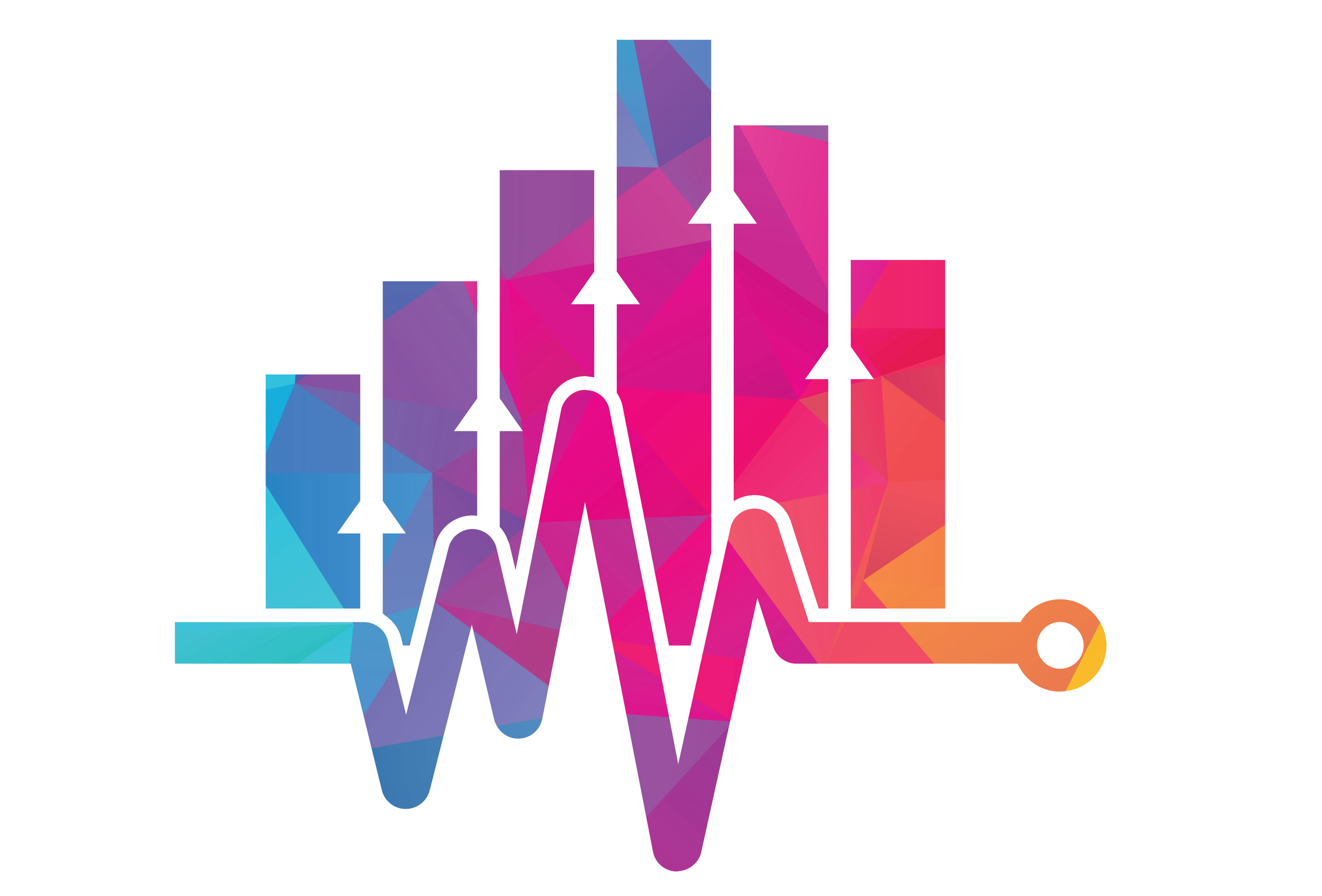In critical care and life-threatening conditions, timing and accurate diagnosis are everything. Every second counts, and yet, across the world, thousands of patients are misdiagnosed or experience delays in treatment—not due to a lack of skill or intent, but due to gaps in accessible knowledge.
Take for instance the many cases where early signs of lung cancer are dismissed as chest congestion, or the first symptoms of a heart attack are mistaken for simple acidity or heartburn. Even something as common as a headache, often attributed to stress, has later revealed itself to be a brain tumor—diagnosed too late.
These are not isolated incidents. They point to a larger systemic gap: the lack of a centralized, global, and accessible medical knowledge repository.
What If We Had One?
Imagine a world where frontline medical practitioners—whether in rural clinics or urban hospitals—could instantly access a global database of:
- Early symptoms reported across age groups and regions
- Case studies and success stories of rare or terminal illnesses
- Proven lines of treatment and medical decisions that led to recovery
- Warning signs and red flags based on pattern recognition from thousands of past diagnoses
Such a system could dramatically reduce misdiagnosis, inform better decisions, and—most importantly—save lives.
The Critical Role of Knowledge Managers
This is where Knowledge Managers (KMs) become pivotal.
In a healthcare setting, knowledge managers would:
- Curate and structure real-world medical data, symptoms, treatment paths, and outcomes
- Ensure standardization of terms and categorization to enable accurate search and filtering
- Continuously update the repository with new findings, trends, and breakthroughs
- Collaborate across borders, connecting hospitals, research institutes, and public health bodies
- Leverage AI and analytics to identify emerging patterns and improve predictive accuracy
KM isn’t just about storing information—it’s about making it discoverable, relevant, and actionable at the point of care.
From Reactive to Proactive Care
With a robust KM system in place, healthcare could shift from a reactive model to a more proactive one. A patient showing mild but persistent chest discomfort in a small town could benefit from insights gathered across thousands of similar cases globally. A general practitioner could spot a rare disease early because they had access to symptom clusters previously catalogued in another part of the world.
It also has the power to democratize expertise, ensuring even the most remote health workers aren’t left guessing—or relying solely on outdated information.
Knowledge Can Save Lives
In sectors like finance or IT, knowledge gaps cost money. In healthcare, they cost lives.
Investing in medical knowledge management is not optional—it is urgent. As global health challenges grow more complex, from pandemics to chronic diseases, a connected, intelligent, and trusted KM ecosystem can be the backbone of faster diagnosis, more effective treatment, and better patient outcomes.
Let’s build a future where no symptom is ignored, no signal is missed, and every patient gets the best possible shot—because the knowledge to help was just a click away.
This is going to be a 3 part series where I will next discuss the Role of AI for KM in Healthcare and how it can revolutionize medical care.
____________________


.jpeg)


.png)
.png)
.png)
.png)